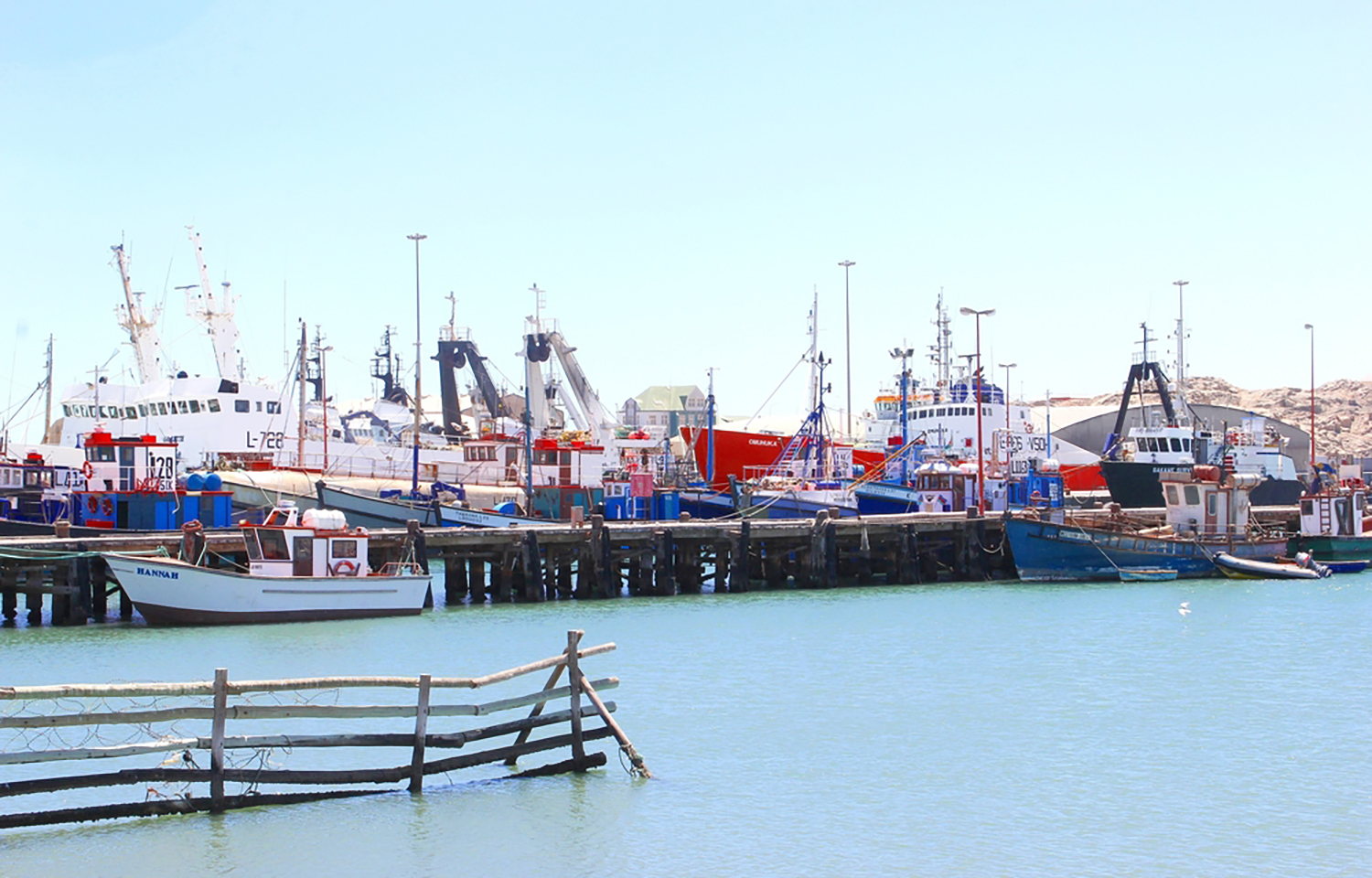Namibia recently wrapped up a fishery quota auction featuring over 25,000 metric tons (MT) of horse mackerel.
The auction was completed as scheduled despite recent concerns about the transparency and sustainability of the country’s auction system.
Among many other initiatives, the auction of government-controlled horse mackerel quota by the Namibian Ministry of Finance and Public Enterprises in collaboration with the Ministry of Fisheries and Marine Resources aimed to help finance the country’s budget, which had risen to NAD 74.7 billion (USD 3.8 billion, EUR 3.5 billion) for the 2023-2024 fiscal year.
The volume of horse mackerel on sale this year was down 14 percent compared to the over 30,000 MT offered in 2023, out of which the government sold 28,500 metric tons and earned NAD 52.3 million (USD 2.8 million, EUR 2.6 million).
No date has been confirmed on when the successful 2024 bidders will be announced.
Namibia’s fish quota auction system has drawn criticism from industry stakeholders, such as the Namibian Confederation of Fishing Associations, that has recently accused the government of converting the quota auction system into a routine process, as compared to its stated initial purpose to only be used during emergency situations, such as during an event like Covid-19.
This has led to unpredictability for companies, according to the confederation’s Chairman Matti Amukwa, who said in November 2023 that the auction has become a “lottery where no one can predict how much fish they will win in the next season.”
He said Namibia needs a coherent policy determining whether the country wants a fishing rights-based system and quota allocation or a quota auction system.
“We cannot have both," he said.
Since 2015, the Namibian government has promised to finalize and release a scorecard to support the quota allocation process, rewarding companies with high scores in such areas as value addition and job creation with more quota. The Ministry of Fisheries and Marine Resources said the nearly decade-long delay in drafting the document has been due to the complexity of the process.
Namibia Executive Director of Fisheries and Marine Resources Annely Haiphene said the government is determined to finalize the scorecard system during this fiscal year, as the country looks ensure more transparent, predictable, and stable fish quota allocations.
"[The scorecard] will further assist the fishing sector to frame their operations better and make sound investment decisions while still meeting government economic objectives," Haiphene said.
The ministry has already completed a draft of its scoring process, but the fishing industry will have a voice in the finalization of the plan, Haiphene said.
“[We will] consult the fishing industry when we reach an agreement on this issue," she said.
No exact timelines have been given for industry consultation or regarding the scorecard’s release.








